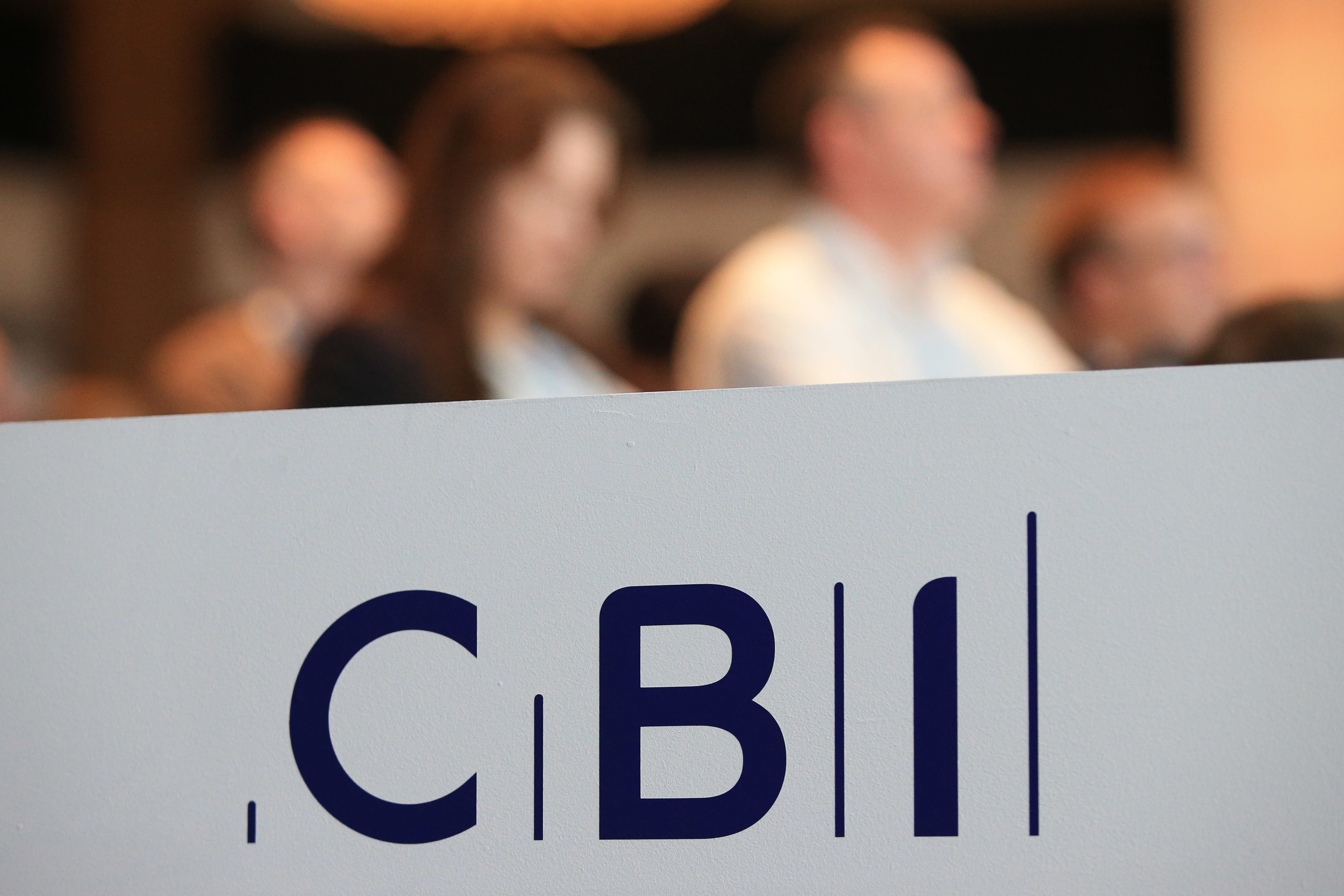CBI faces crunch D-Day vote on its future
Members of the business organisation will vote whether to accept recommendations put forward to reshape it.

Your support helps us to tell the story
From reproductive rights to climate change to Big Tech, The Independent is on the ground when the story is developing. Whether it's investigating the financials of Elon Musk's pro-Trump PAC or producing our latest documentary, 'The A Word', which shines a light on the American women fighting for reproductive rights, we know how important it is to parse out the facts from the messaging.
At such a critical moment in US history, we need reporters on the ground. Your donation allows us to keep sending journalists to speak to both sides of the story.
The Independent is trusted by Americans across the entire political spectrum. And unlike many other quality news outlets, we choose not to lock Americans out of our reporting and analysis with paywalls. We believe quality journalism should be available to everyone, paid for by those who can afford it.
Your support makes all the difference.The Confederation of British Industry faces a D-Day crunch vote on Tuesday as the formerly influential lobbying group tries to secure its future following a series of sexual harassment allegations.
The group was forced back to the drawing board in April to come up with a plan which it hopes can help members regain their confidence in its ability to represent them.
It was first cast into chaos in March when The Guardian newspaper published allegations of misconduct against the CBI’s then director general, Tony Danker.
Mr Danker apologised and said that the offence or anxiety he had caused was “unintentional”. He stepped aside while outside lawyers investigated the claims against him.
Before long though the floodgates opened – another dozen or more women approached The Guardian saying they had been victims of sexual harassment while working for the business group.
One woman claimed that she had been raped during a 2019 staff party and a that a manager told her to get counselling rather than to pursue the issue further.
A day later, the CBI postponed its annual dinner and other events as it tried to deal with the fallout from the allegations.
But, from there, it went from bad to worse. Ministers started distancing themselves from the business group, which for a group which lobbies the Government provoked difficult questions.
Days later, Fox Williams, the law firm hired to look into Mr Danker’s behaviour, produced its report to the CBI board.
The board said that Mr Danker’s conduct “fell short” of what was expected from him and they dismissed him from the job and suspended three other members of staff.
Mr Danker himself was unhappy about how he had been treated by the CBI.
Companies who were members of the CBI stuck around for another 10 days. Only when a second woman approached The Guardian to say she had been raped did the exodus begin.
Aviva was the first major business to cut ties on Friday April 21, hours after the allegation was published, but that opened the floodgates.
By the end of the day, dozens of the biggest names in British business had cut their ties with the CBI, which suspended membership and policy activities.
The CBI promised members to go away, consult and set out a new future for the group.
On Tuesday – the 79th anniversary of the D-Day landings – this will be put to the test. Each member will be allowed one vote to say whether a new plan, published a week earlier, is enough to give them confidence in the CBI.
The CBI has promised a series of changes, including reviewing its culture, and allowing members a vote to fire the CBI board if they wish.
It comes as the British Chambers of Commerce (BCC) announced the formation of a new business lobby group.
The Business Council has been launched in a bid to “design and drive the future of the British economy”, with Heathrow, BP, IHG Hotels & Resorts and Drax among its new members.